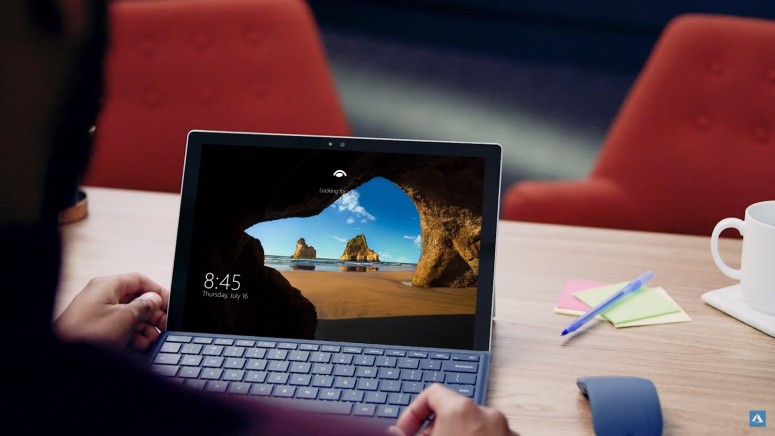
Microsoft Enables Password Free Logins for Azure Active Directory Apps
- A large number of online apps from Microsoft will now allow users password-free logins.
- Users can now use one-time codes delivered via an authenticator or SMS to log in.
- Microsoft has also implemented Threat Protection to prevent data breaches.
Microsoft is encouraging the use of two-factor authentication by enabling password-free logins for all of its Azure Active Directory apps via a new authenticator app. Users will no longer need to input their password to get access to their two-factor code via the authenticator or through a text message. The passwords are stored locally on web browsers and the apps prompt users to input the security code directly without requiring an initial login. App-based authentication methods are much safer than using pins or passwords as they can be exploited by cybercriminals.
Data theft is on the rise, and multiple leaks have taken place recently amounting to millions of passwords being stolen. Enabling two-factor authentication makes it easy for users to secure their accounts against most data breaches.
Microsoft revealed the philosophy behind the decision to go password-free stating “Passwords have been a big part of our digital lives. To fully get rid of them, not only do we need to address all that is bad with them, but we also need to acknowledge all that is good; they are familiar, portable, and can be used almost everywhere.”
Microsoft has also improved its Security Score tool to analyze the organizational policy of companies and suggest measures that they can take to prevent data breaches. Microsoft also introduced its new Threat Protection tool that offers threat detection and remedial measures whenever any suspicious activity is spotted. Unusual login patterns, file modifications, program crashes, suspicious network activity will allow users to lock their accounts or fully shut down the network until the issue is resolved.
Microsoft’s long-awaited Azure Confidential Computing is finally available as part of a preview build which takes advantage of processors that support SGX technology. The Confidential Computing platform allows developers to create cloud apps for processing sensitive data in secure environments that are isolated and encrypted. The new framework should motivate users who are skeptical about cloud computing and its security to make the jump.
What do you think about the new security-focused releases from Microsoft? Let us know in the comments below. Get instant updates on TechNadu’s Facebook page, or Twitter handle.







